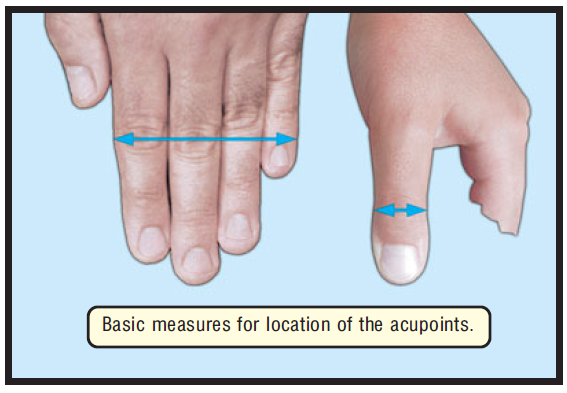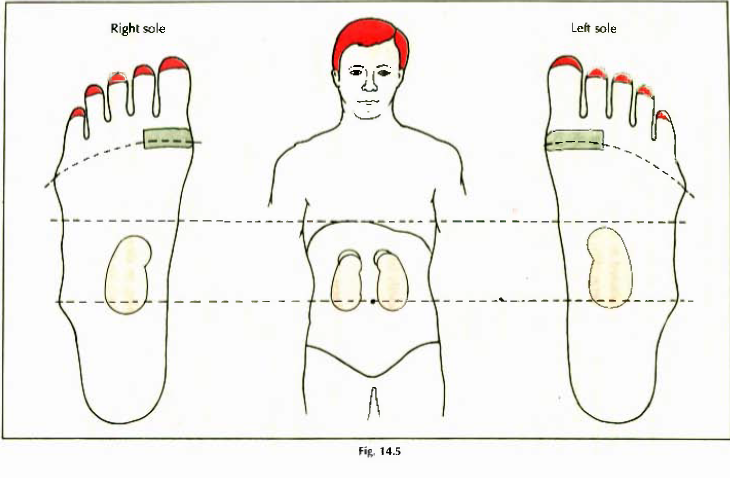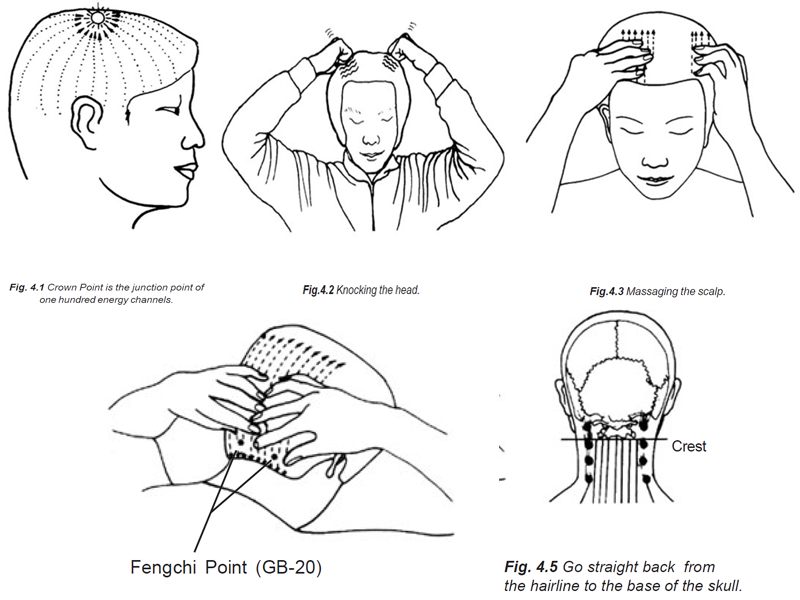Hair loss
Hair loss, also known as alopecia or baldness, refers to a loss of hair from the head or body. Baldness can refer to general hair loss or male pattern hair loss.
Hair loss and hypotrichosis have many causes including androgenetic alopecia, fungal infection, trauma (e.g., due to (trichotillomania), radiotherapy, chemotherapy, nutritional deficiencies (e.g., iron deficiency), and autoimmune diseases (e.g., alopecia areata). Hair loss severity occurs across a spectrum with extreme examples including alopecia totalis (total loss of hair on the head) and alopecia universalis (total loss of all hair on the head and body).
Hair loss facts
Hair loss is a very common condition and affects most people at some time in their lives.
Hair loss from breakage of the hair shaft is different than hair loss due to decreased hair growth.
Androgenetic hair loss is seen in both men and women but is more dramatic in men.
Thyroid disease, anemia, protein deficiency, chemotherapy, and low vitamin levels may cause hair loss.
Alopecia areata is a form of hair loss produced by the autoimmune destruction of hair follicles in localized areas of skin.
Prevention of hair loss includes good hair hygiene, regular shampooing, and good nutrition.
What are causes and risk factors for hair loss?
Because there are many types of hair loss, finding the cause can be challenging. This review will cover the most common causes of hair loss occurring on normal unscarred scalp skin. The medical term for hair loss is alopecia.
Most hair loss is not associated with systemic or internal disease, nor is poor diet a frequent factor. Hair may simply thin as a result of predetermined genetic factors and the overall aging process. Many men and women may notice mild physiologic thinning of hair starting in their 30s and 40s. Life vicissitudes, including illness, emotional trauma, protein deprivation (during strict dieting), and hormonal changes like those in pregnancy, puberty, and menopause may cause hair loss.
Several health conditions, including thyroid disease and iron deficiency anemia, can cause hair loss. While thyroid blood tests and other lab tests, including a complete blood count (CBC), on people who have ordinary hair loss are usually normal, it is important to exclude treatable causes of hair loss.







